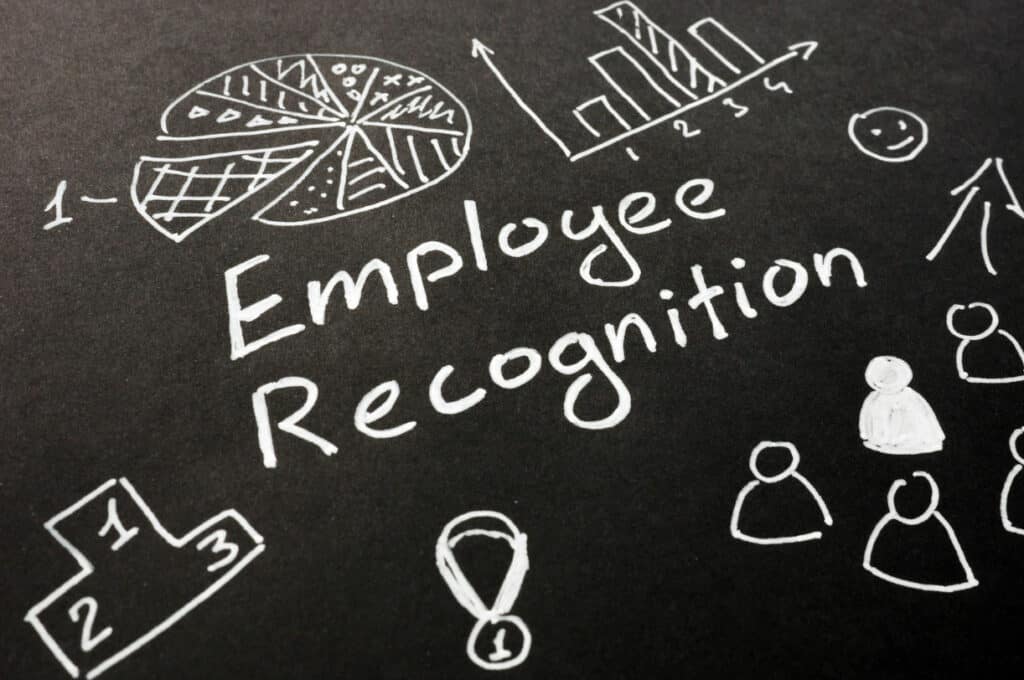Employee engagement has become a crucial factor in the success of any business. In today’s competitive market, companies need to go beyond traditional methods to keep their workforce motivated and committed.
Table of Contents
Smart recognition strategies, when implemented effectively, can have a significant impact on both employee morale and overall productivity.

Understanding the Importance of Employee Recognition
Employee recognition is not just about giving out awards or bonuses. It’s about meaningfully acknowledging employees‘ efforts and contributions. When employees feel valued, they are more likely to be engaged, which leads to increased productivity, higher retention rates, and a positive work environment.
The significance of employee recognition is highlighted in a recent article by CommPay HR, where the use of an employee ROI calculator is discussed as a tool to measure the impact of recognition programs on business outcomes.
This calculator can help employers understand the return on investment from their employee recognition efforts, providing a clear picture of how such programs contribute to the company’s success.

Incorporating Recognition into Company Culture
Recognition needs to be an integral part of the company culture for it to be effective. This means that recognition should be consistent, timely, and aligned with the company’s values.
Regular and sincere acknowledgment of employee contributions can foster a sense of belonging and encourage employees to continue performing at their best.
Leveraging Technology for Employee Recognition
Technology has made it easier than ever to implement recognition programs. There are various platforms and tools available that allow managers to recognize employees in real-time, provide feedback, and even reward them with perks or incentives.
These tools can be customized to fit the needs of the organization and can be scaled as the company grows. One useful resource for businesses looking to enhance their employee recognition efforts is Emily and Blair.
This site offers valuable insights into how small and medium-sized businesses can create a culture of appreciation without breaking the bank. By adopting some of these strategies, companies can ensure that their employees feel valued and motivated to contribute to the company’s goals.
Creating a Holistic Recognition Strategy
A holistic recognition strategy should address both formal and informal recognition. Formal recognition could include structured programs like Employee of the Month awards, while informal recognition might involve a simple thank you note or a shoutout during a team meeting.
The key is to ensure that recognition is genuine and reflects the unique contributions of each employee.

Implementing Smart Recognition Strategies
In conclusion, maximizing employee engagement through smart recognition strategies is essential for any company that wants to thrive in today’s competitive landscape.
Companies can enhance employee satisfaction and drive business success by using tools like an employee ROI calculator, leveraging technology, and fostering a culture of appreciation.
When implementing these strategies, it’s important to remember that recognition is not a one-size-fits-all approach. Each employee is different, and what motivates one person might not work for another.
By being thoughtful and intentional in your recognition efforts, you can create a positive and productive work environment where employees feel valued and motivated to excel.



